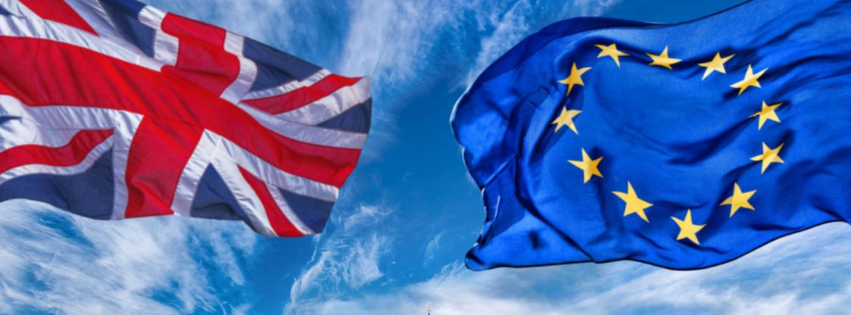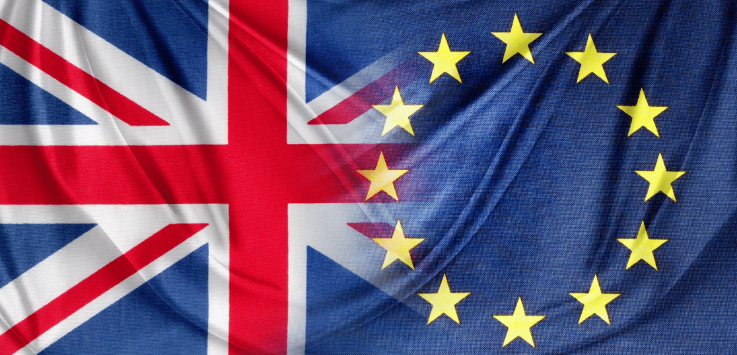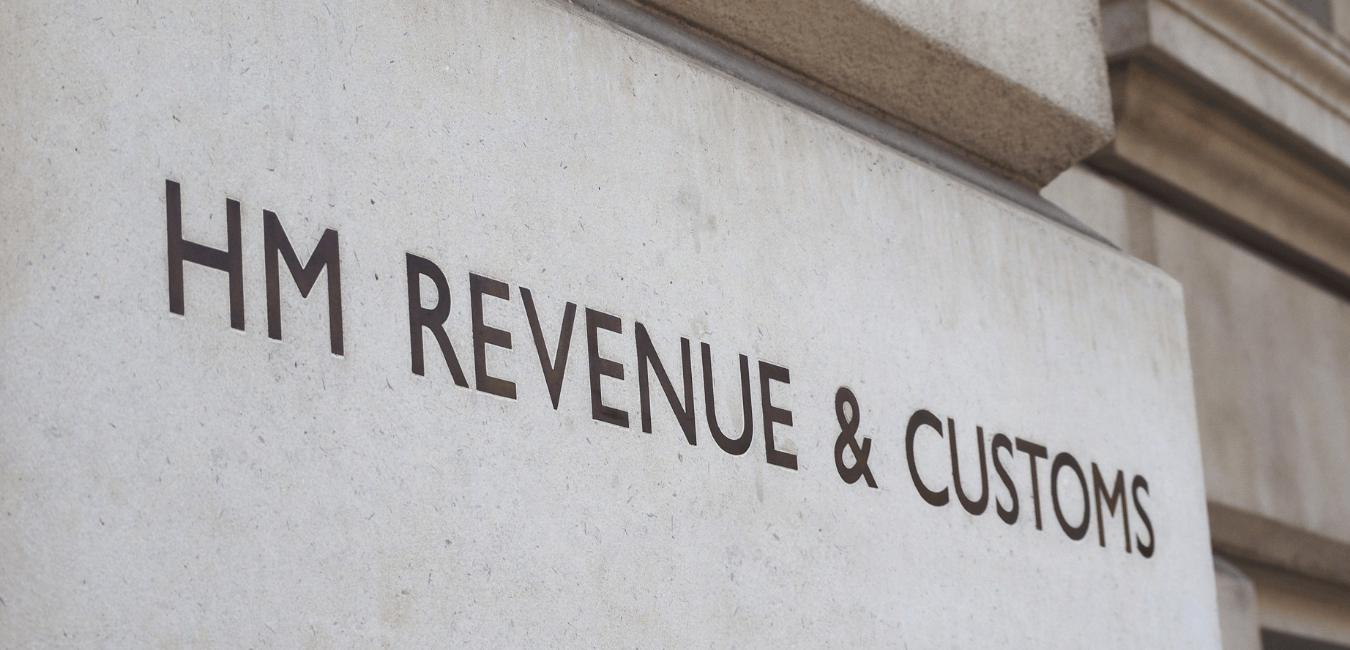Post-Brexit Import & Export Advice
Key considerations when moving goods between the UK and EU.

Importing and Exporting Post-Brexit
I am regularly talking to businesses who are still struggling with new import and export rules following Brexit. Many simply do not have the essential skills within their business to manage the higher levels of documentation, cross border transportation, business contracts and daily import / export activities. One issue that regularly crops up most often in conversations is the general misunderstanding about who is the Exporter of Record and who is the Importer of Record, and which business entity is responsible for certain elements within the cross-border supply chain.
There is an improving picture in many business sectors, however the UK government has recently announced that it will again delay border checks on goods coming from the EU until 2022, due to supply chain issues and coronavirus. An example is Safety and Security Import Declarations for goods arriving from the EU and other territories that did not require these before 1 January 2021. These have now been waived until 30 June 2022.
HMRC will, at some point, commence audits of imports from the EU and exports to the EU. I have been talking with some businesses that have been so focused on getting goods physically moved between the UK and EU that they have not been maintaining any import/export files or checking declared valuations. It should be noted that UK Customs must be allowed access to business records and be satisfied that all import/export requirements have been met. Therefore, businesses need to ensure that their UK and EU import/export activities are fully compliant if they are to avoid penalties.
Outlined below are some key considerations and tips to assist businesses moving goods between the UK and EU.
Importer of Record and Exporter of Record
When businesses trade across borders they must determine within the contract who will be the Exporter of Record and who will be the Importer of Record.
What is an Exporter of Record?
The exporter of record, also known as EOR, is the legal entity or authorised person who takes responsibility for the export of goods from a country. The EOR is responsible for observing the customs processes within the country of export. In many cases, the EOR is the shipper and may also be the owner of the goods being exported.
What is an Importer of Record?
The importer of record, also known as IOR, is the legal entity or authorised person who takes responsibility for importing the goods. The IOR is legally responsible for ensuring full compliance with import regulations. In many cases, the IOR is the owner, purchaser or authorised customs agent. The IOR must ensure that the import is correctly documented and valued for import customs purposes, and that correct duties and taxes are declared.
How is the IOR and EOR determine within the contract?
Incoterms broadly define who is acting as the IOR or EOR and who is responsible for shipping, customs declarations and import taxes.
- If the UK business is buying goods on Delivered Duty Paid (DDP) terms, the EU seller is both the EOR and IOR, not the UK buyer. The EU seller would be responsible for EU export clearance, shipping, UK import clearance and payment of any import taxies / duties. Any EU business selling on DDP terms will need an EORI number and a VAT number in the UK.
- If the UK business is buying goods on Ex Works (EXW) terms, the UK buyer is both the EOR and IOR, not the EU seller. The buyer would be responsible for the EU export clearance, shipping, UK import clearance and payment of any import taxies / duties. Any UK business buying on EXW terms may need an EORI number and a VAT number within the EU. The UK business would need to complete the customs export declaration and ensure the EU sale is zero rated for VAT.
Incoterms
Businesses should include Incoterms in their contracts to cover who is responsible for every stage of the supply chain, including customs clearance and insurance requirements. Incoterms also make it clear who pays for each different cost within the international supply chain. The buyer and seller of international goods will have a better understanding of responsibilities in the event of loss and damage thanks to both parties agreeing on the relevant Incoterms. Read more about Incoterms 2020.
EORI (Economic Operators Registration and Identification) Number
Businesses need an EORI (Economic Operators Registration and Identification) number to move goods between Great Britain (England, Scotland and Wales) and EU countries. The EORI is a unique number that identifies a trader with Customs and is required on customs exit and entry documents to ensure goods can be cleared. An EORI number is also required when moving goods between Great Britain (England, Scotland and Wales) and non-EU countries.
Businesses based in Scotland, England or Wales can register for an EORI number and this should start with the letters ‘GB’. Businesses moving goods between Great Britain and Northern Ireland under the NI Protocol will need an EORI number starting with the letters ‘XI’.
The UK government has announced that EORI numbers are now a requirement for export licence applications. Read more about EORI Numbers.
Customs Declarations
From 1 January 2021, when you import or export goods to and from EU countries you must make a declaration with Customs. Your Business can make customs declarations directly or you can use the services of a customs agent or broker. If you make the decision to submit customs declarations yourself, your company will need access to the customs system via compatible software.
Customs Duty and Taxes
The new UK Global Tariff applies to all goods imported into the UK after 1 January 2021. Not all products will incur customs duties, as certain exemptions may apply. Your goods will need to be classified against the tariff, so that the correct duty rate can be applied.
Standard import VAT of 20% will be applied to most goods when submitting the UK import declaration. Some products will attract a reduced rate of VAT or a zero rate in the case of children’s clothing. When exporting products out of the UK or EU you can state a zero rate of VAT on your invoicing if certain conditions are met.
Origin of Goods
You will need to establish the origin of the goods that are being moved between the EU and UK. The origin may determine whether your product qualifies for preferential treatment under a tariff preference scheme, which could result in lower or nil customs duty.
The rules of origin requirements are some of the most important provisions that your business needs to understand under the Free Trade Agreement between the UK and the EU. The Trade and Cooperation Agreement (TCA) ensures that preferential tariffs are given to goods that originate in the UK or EU, and not from countries outside the UK and the EU member states.
Licenses and Certificates
Certain goods moving between the UK and EU will require a license or a certificate for import or export. Whether or not you need a licence for your goods will be determined by the nature of the goods, the end destination, ultimate end-use of the goods and trade activities.
The UK government has announced that EORI numbers are now a requirement for export licence applications. Read more about Licenses and Certificates.
Import and Export Record-Keeping
HM Revenue and Customs (HMRC) state that all businesses must keep and preserve certain records and accounts and be able to present these upon request. If VAT registered, businesses must keep records and accounts. In addition, if businesses are importing or exporting, they must declare any goods they move and keep appropriate records. Although a lot of trade is conducted electronically it is still important to have an efficient system of record-keeping and to know how long to store documents.
It is vital that you have a robust system for keeping business records. This will help businesses comply with international trade regulations and allow HMRC to conduct audits effectively. Business records must be:
- Accurate and up to date
- Legible
- Readily accessible whether held on paper, computer, microfiche or microfilm
- Available for inspection at all reasonable times
The archiving period for records will vary according to the individual business activities and procedures. However, in the event of a criminal investigation, business’ records dating back ten years may be used as evidence. Accordingly, businesses may decide to retain documents for that length of time. After the date of entry, businesses can keep their records on a computer.
Records need to be kept for all procedures including warehousing, Inward Processing Relief, Free Zones and Simplified Procedures and all duties and taxes including VAT and customs and excise duties. HMRC documents, licences and certificates (such as those arising from Common Agriculture Policy, Plant Health and Seeds Inspectors and preference and proof of origin) also need to be kept on file.
The HMRC Management Support System (MSS) can assist with maintaining import and export records. Read more about Export and Import Documentation.
How can we help?
We help your business navigate international trade, effectively manage imports and exports, whilst remaining compliant with global compliance regulations.
“We understand the complexities surrounding importing and exporting and aim to be your go-to company for expertise, support and guidance, able to provide direction and training while remaining approachable and personable.”
If you would like more details, please call +44 (0) 118 932 8447 or email info@icsglobalservices.com
ICS Global Services Limited
Share this page




